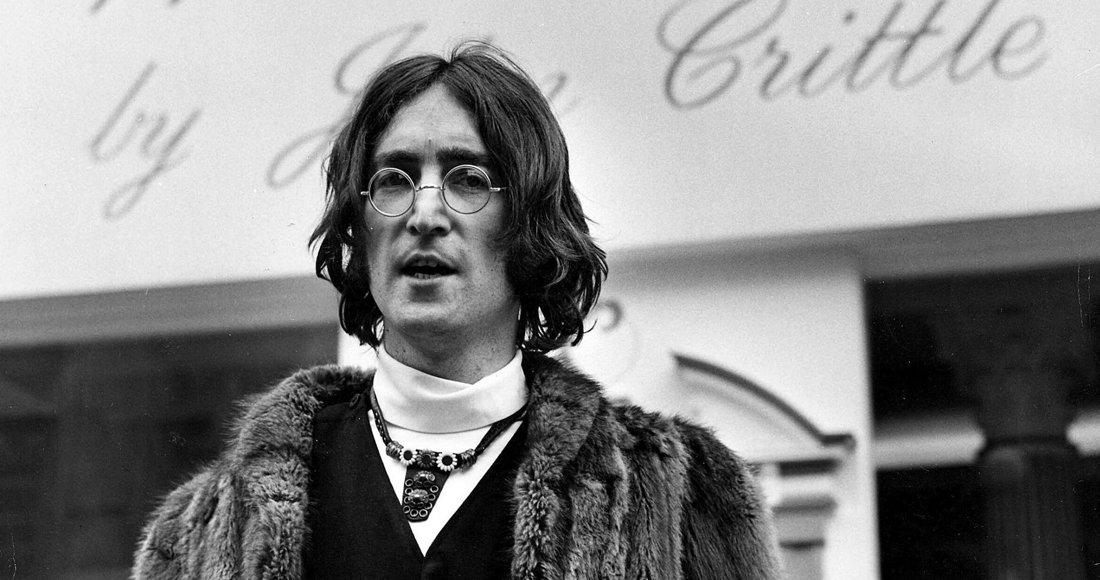What propels the individual from Liverpool to the pinnacle of iconography? Let’s dissect it. John Lennon, without laying claim to the utmost title, harbored a unique proficiency that distinguished him. His unwavering commitment to his craft catapulted him into the de facto leadership of The Beatles, a relatively obscure rock and roll ensemble during its nascent stage.
The Beatles, by customary metrics, stand as one of the preeminent rock bands, if not the paramount, in the annals of music. Their voluminous record sales, an abundance of chart-topping hits, and a transformative influence on the musical landscape unequivocally secure their standing in the industry’s chronicles. Nevertheless, even within this illustrious collective, Lennon chiseled out an iconic niche for himself.
Deciphering the Legendary Status of John Lennon in Rock
During an epoch when the global milieu thirsted for elation and motivation, John Lennon emerged as a harbinger of both. As the progenitor of The Beatles, his impact endured, with his songwriting prowess ranking him as the second most prolific in terms of number-one hits, a distinction that persisted even after his demise in 1980. In the ’60s, he was acclaimed for possessing the preeminent rock vocal, a testament to his unparalleled aptitude.
Lennon’s departure from The Beatles marked a watershed moment, as two members had already parted ways. His decision to sever ties essentially signaled the denouement of the Beatles era. Shirley Manson’s reverence for Lennon is rooted in his role as an original protester, taking a stand and enduring a substantial cost for it.
Fundamentally, Lennon wielded an exceptional ability to effortlessly grasp conceptual nuances. Inherently endowed with a profound understanding, he etched an indelible mark on the realm of music, firmly establishing his legacy as a rock luminary.
